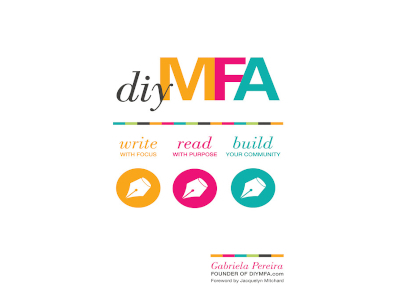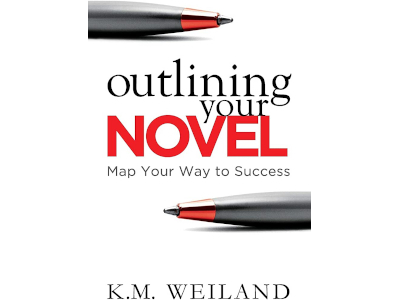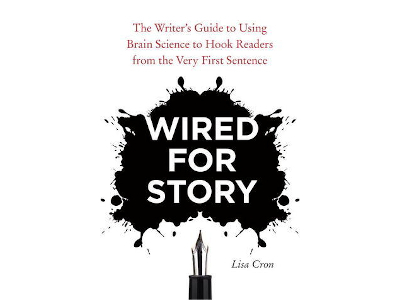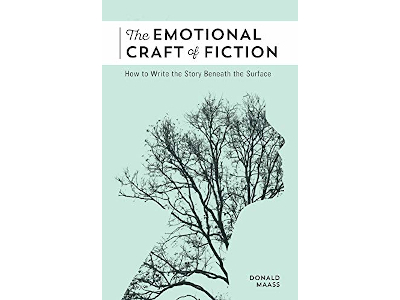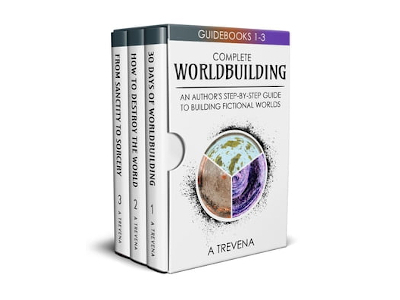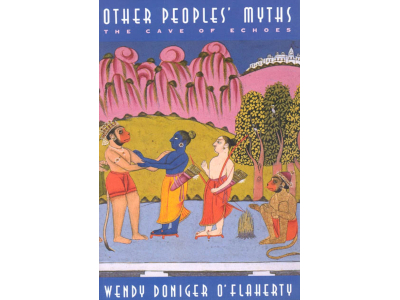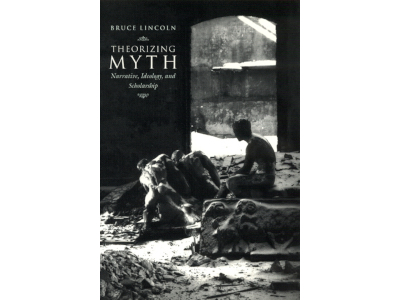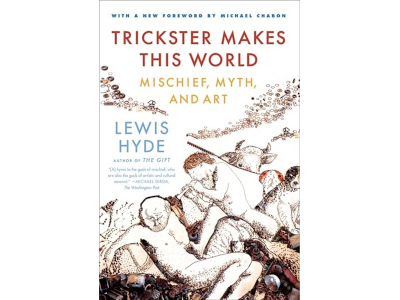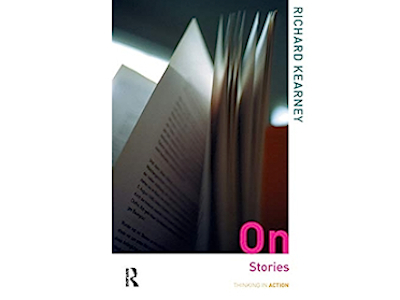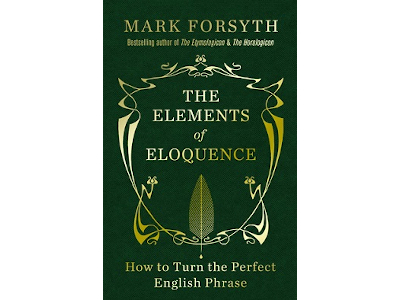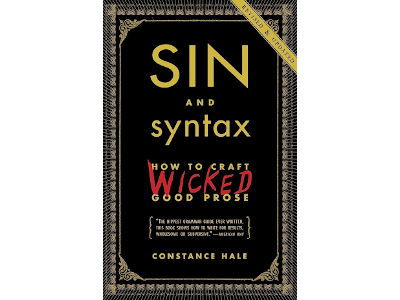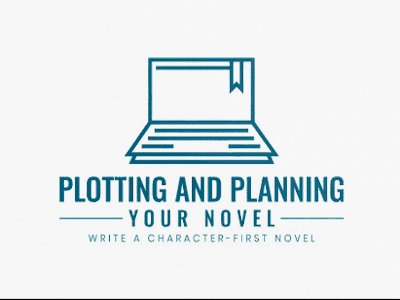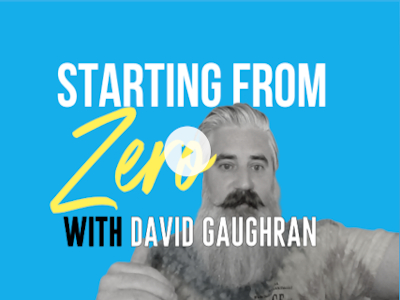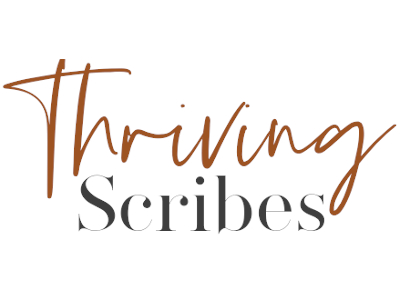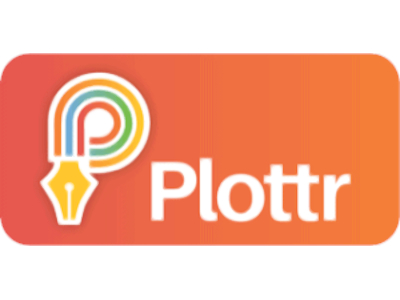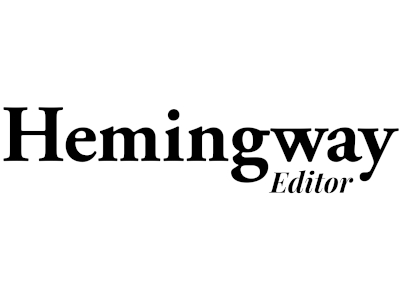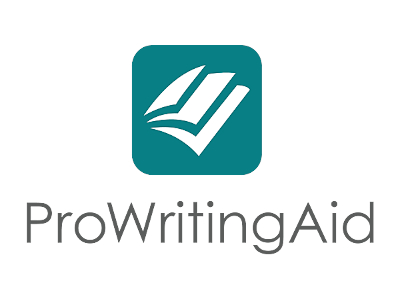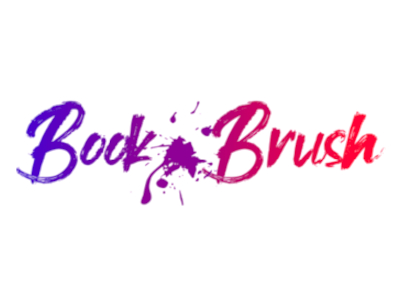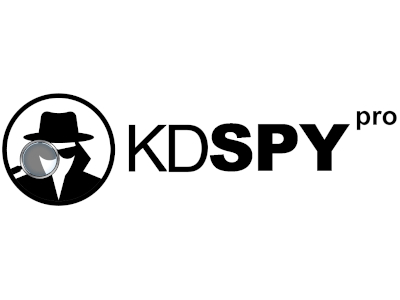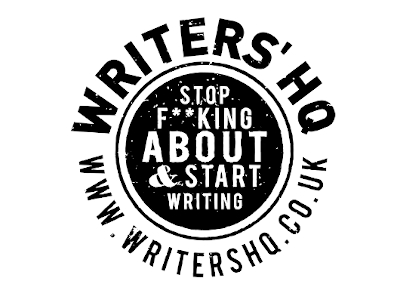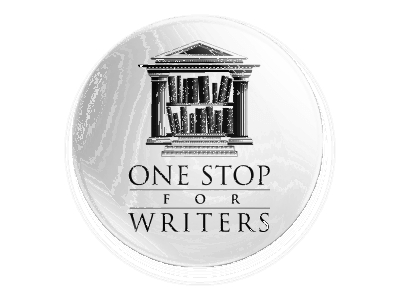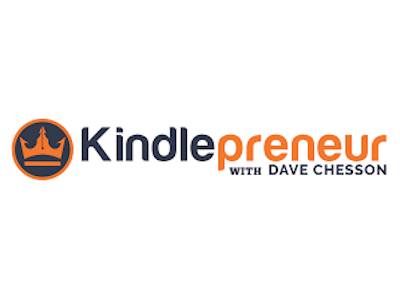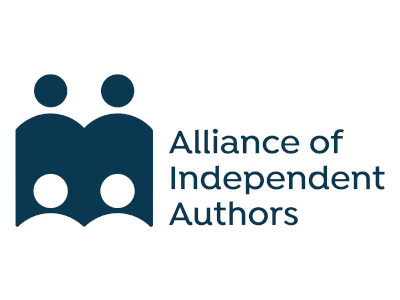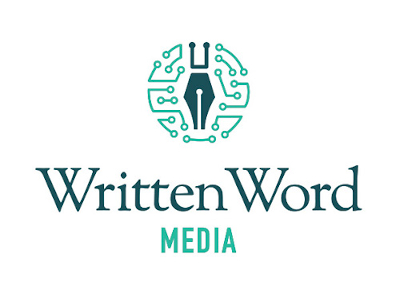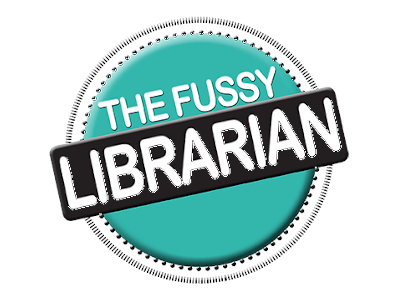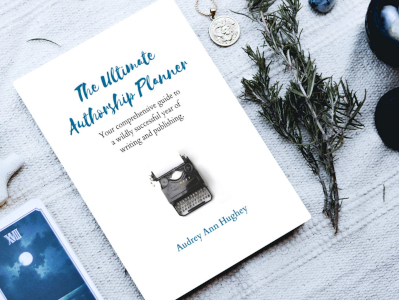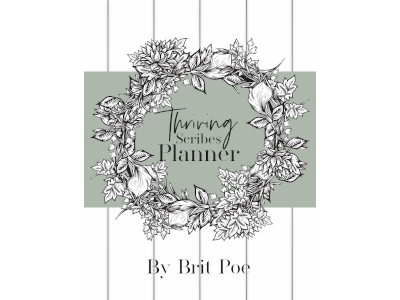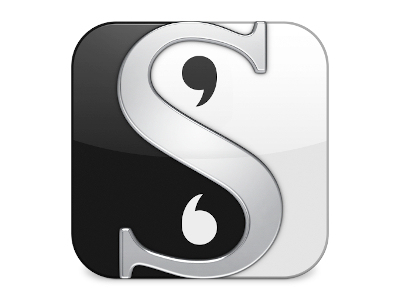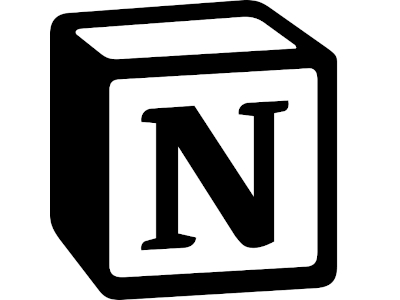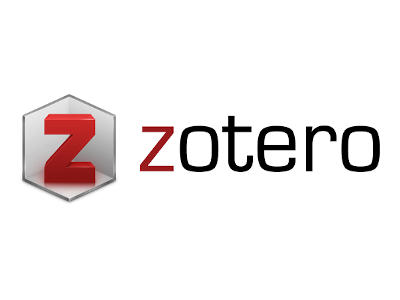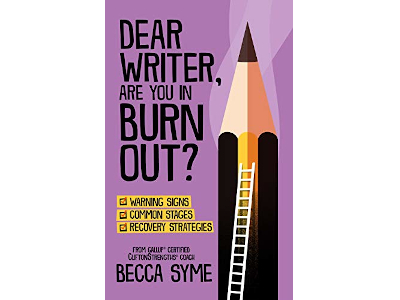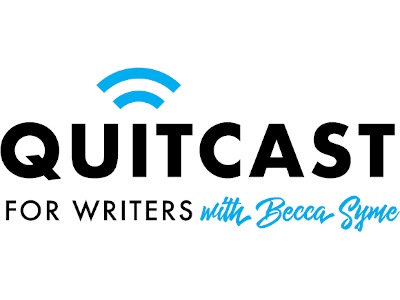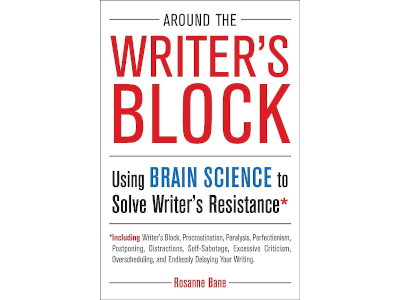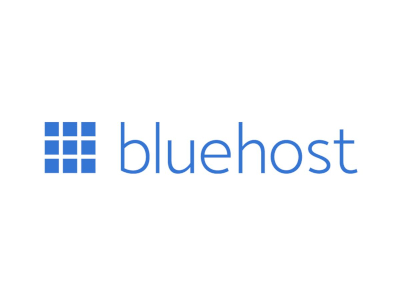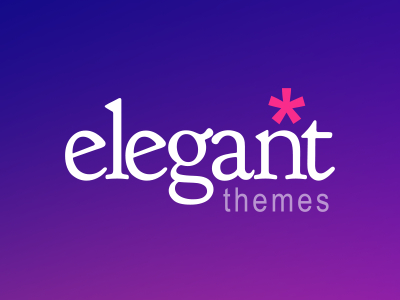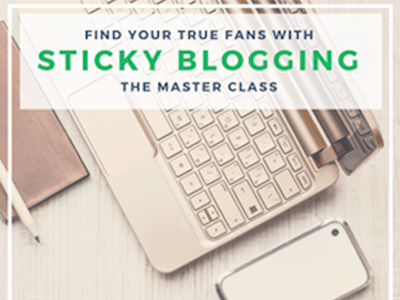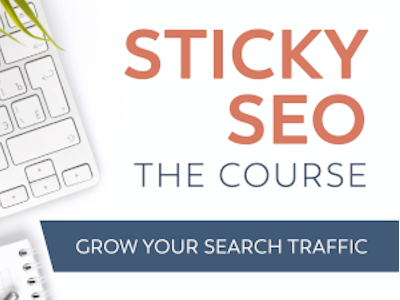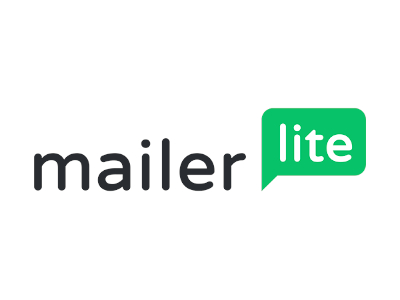Books, Tools, Apps, and More
Writer Resources

Books
Courses
Apps and tools
Websites
Organization and Productivity
Well-Being
Platform
Some links on this page may be allifiate links. Affiliate sales help keep the lights on and this website ad-free.
If you sign up for a course or subscribe to a membership, Working Writer Ink may get a small commission at no additional cost to you. I (Pym) only recommend writer resources that I use to foster my own work.
You can read more in the Affiliates and Disclaimers sections of the Privacy Policy.
Books
There are hundreds of brilliant books on writing craft available. I have highlighted only a few and focusing on books to help improve your writing by expanding knowledge.
DIY MFA
by Gabriela Pereira
This book is intended to cover everything an MFA in creative writing would, from craft to networking to publishing and platform. See also ‘Courses.’
Outlining Your Novel
by K.M. Weiliand
Whether plotter or pantser, this is the best book on brainstorming I’ve read.
Wired for Story
by Lisa Cron
A less technical approach to why humans are storytelling creatures (see below for an academic approach). Cron approaches her advice on craft from this lens.
The Emotional Craft of Fiction
by Donald Maass
Most authors struggle with engaging readers emotionally. At least, that’s my takeaway from years of workshops and critique groups. This book is a masterclass in how to fix that.
30 Days of Worldbuilding
by A Travena
Travena’s entire worldbuilding series is detailed and inspired. These books a re the perfect springboard for any worldbuilding endeavor.
Other People's Myths
by Wendy Doniger O’Flaherty
This is a must-read for anyone using an existing world mythology in their worldbuilding—even an original fantasy setting. It is vital to understand myth’s cultural complexity and the biases we have as outsiders.
Theorizing Myth
by Bruce Lincoln
Another must-read in mythology and worldbuilding. Writers seeking to understand mythic structure in storytelling will also benefit. Lincoln examines the importance of myth in culture, history, psychology, and literature.
Trickster Makes This World
by Lewis Hyde
The trickster archetype in myth, storytelling, and art. If art is lying to tell the truth, then all artists and writers are tricksters. Lewis examines why this is important and how writers/artists can use that understanding to make better art.
The Elements of Eloquence
by Mark Forsyth
A brilliant and funny examination of rhetoric and how to use it to improve your writing voice.
Sin and Syntax
by Constance Hale
One of the finest guides on the rules of grammar and how to improve your writing voice.
Courses
At no point in their career should a writer ever stop learning. Here are classes on craft and publishing.
Plotting and Planning Your Novel
with Daniel David Wallace
Craft
An excellent character-first method of plotting fiction.
DIY MFA
with Gabriela Pereira
Craft
This is a live class offered a couple times a year. Read the book by the same name or get on the waitlist. Though the class is expensive, you can join every successive live session and continue to work with your cohort.
Starting From Zero
with David Gaughran
Publishing – Free
Learn how to self-publish like a pro and build an audience of passionate readers for your books.
Authorpreneur Unleashed
with Brit Poe at Thriving Scribes
Publishing and Platform
This workshop covers everything from how to structure your author business to how to build your author platform. I absolutely love Brit’s workshops, they really click for me. And I highly recommend them to everyone.
Audiobooks Made Easy
with Derek Doepker
Publishing
The most comprehensive course on self-publishing audiobooks I have ever seen. Doepker will walk you through equipment, building a home studio, software, settings, and even the technical requirements for uploading to ACX.
Apps and Tools
Find every tool you need to take your book from start to published. Use them on their own or support them with the productivity tools below.
Plottr
Visual Outlining an Organization
Hands down the best visual outlining app. Valuable even if you’re a pantser – use Plottr to visiualise revisions and edits, your book’s timline, mindmapping, book/series bible, or even your own writing schedule. Comes with several free templates and they’re always adding more.
Hemingway Editor
Editing and Word Processing – Free
Hemingway doesn’t have all the bells and whistles of some of the big-name grammar checkers out there. Regardless, it’s an amazing tool to start the process and reduce your costs with a professional editor.¹ You can also use it for drafting, and it has a native desktop app.
ProWritingAid
Editing – Free and Paid Versions
ProWritingAid outperforms Grammarly in editing for fiction writers, in speed, and in integration. Its free version can be used up to 500 words at a time, but has annual sales on subscriptions. The native app won’t slow down your computer and integrates smoothly with Word, Pages, Scrivener, Atticus, and Notion.
Book Brush
Graphics – Free and Tiered Subscriptions
Book Brush is essentially Canva for writers. Create promo graphics, mockups, swag, covers, box sets, and even full print covers with calculated spine width. They have a vast library of templates and they’re constantly adding new features. I love them so much I’d buy a lifetime subscription if they had one.
Atticus
Word Processor and Book Formatting
Move over Vellum, Atticus is less expensive and not just for Mac. Write, edit, and format all in one app. Do initial edits with integrated ProWritingAid,¹ add your book cover, and make the interior pages beautiful (also integrated with Book Brush). Format your book exactly how you want it for both ebooks and print. Design your own or use one of their many templates.
Publisher Rocket
Book Marketing
An extensive tool for researching keywords and categories on Amazon. Search keyword popularity and see suggestions for similar terms. See what categories books are listed under. What percent of any category is self-published. They are always adding new features, and updates are free to those who have already purchased.
KD Spy
Book Marketing
A lightweight cousin to Publisher Rocket with price to match. If all you need is to research keywords without regard to optimizing Amazon Ads, this is the tool for you.
¹The more edits your manuscript requires, the longer it takes and the more your editor will charge. Remember, a grammar checker is not a replacement for a professional editor.
Websites
From online communities to craft to reference aids to book promotion sites, check out these helpful websites.
Writer's HQ
Funny and sweary, they offer free and paid classes, mentoring, and retreats with discounts for members. Monthly in-person retreats are held across England and Scotland.
One Stop For Writers
Writing Aids and Development
Brought to you by the team that created the Emotion (etc) Thesaurus, it is as it says: one place to find craft tips, inspiration files, and references. Paid members also have access to drafting tools to help develop characters and plots.
Kindlepreneur (Free) Apps
Marketing Tools
QR and bar code generators, MS Word formatting templates, book description generators, and even sales rank calculators – all free. Just click ‘apps’ in their top menu to open the list.
Alliance of Independent Authors
Professional Support and Development
If Indie authors had a union, ALLi would be it. Membership gets you access to their annual Self Publishing Conference, free guidebooks, discounts on tools and service providers (such as editors and cover designers), networking opportunities, and even legal and business advice.
Written Word Media
Book Promotion
While I am not fond of their move to a subscription model, WWM is still a great place to promote your books. Nor do you have to subscribe to take advantage of their promotional newsletters or advertising services. They also do annual author income surveys and publish the results.
Book Spry
Book Promotion
An excellent and inexpensive book promotion service. They also have a ‘dungeon’ checker for the type of books that need it.
The Fussy Librarian
Book Promotion
Trusted and reasonably priced. They vet new books before promoting them and are highly recommended by most authors.
Organization and Productivity
It’s difficult to make time for writing around everything else. Even working writers need to juggle multiple projects or a day job or family. Here are some tools to help you get your writing organized and stay productive.
The Ultimate Authorship Planner
by Audrey Hughey
This planner covers the day-to-day but also everything else you need to plan out your authoring year. Useful prompts encourage you to consider your dreams, goals, and capabilities and plan out your production schedule. There are sections for book ideas, sales, revenue and expenses, social media, quarterly and monthly reviews, etc. Comes in dated and undated, print and digital.
Scrivener
Organization & Word Processor
I have used Scrivener for more than a decade, first on Mac and now PC. Its notebook style helps me keep my research and ideas organized, and its corkboard function helps me visualize my plot with tags and color coding. It comes with some templates, but there are hundreds of others available to help keep your writing organized.
Notion
Whatever You Need It to Be
Notion has a steep learning curve, but that’s because it can be anything. But don’t worry – there’s a plethora of free and paid templates available to build the best Notion for you: be it a second brain, a series bible, public story wiki, or even social media calendar. The free version is extensive – I only have a paid account for the backups becuase I use it for everything.
Zotero
Research
Made for academics and loved by authors, Zotero is a database to help you keep track of all your research. That YouTube video about character development? Filed in your ‘craft’ folder. That blog post about 19th century etiquette for a head cook in love with the house steward? Saved in your ‘Novel’ folder, ‘Courtship’ sub-folder, ‘Servants ‘ sub-sub-folder. Never go hunting for your references again.
Well-Being
Most writers aren’t great at the work/life balance thing, especially when juggling jobs, kids, and other challenges. These tools can help you keep on top of your writing and your mental health.
A Writer's Journal
by Lucy von Smit
Book
Geared toward writers in either the early or middle stages of their career. von Smit invites you to contemplate every aspect of being a writer while improving mental health and productivity through journaling. Filled with insightful prompts and inspiring research.
The Abundant Author Journal Club
by Brit Poe
Digital Course
The prompts are technically career-oriented, but they invite you to dig deep into your psyche to tackle goals and challenges. Daily prompts for each month of the year, each month with a different theme. I re-do it every year.
Dear Writer, Are You In Burnout?
by Becca Syme
Book
This book not only helped me recognize my burnout, but showed me how to deal with it. Because my dears, it was bad. Debilitating. Syme is brilliant and insightful and even if you’re not in burnout, read it. It will help you avoid it. If you are, READ IT NOW.
Quit Cast
by Becca Syme
Podcast
First, check out the episodes specific to burnout. Then review the rest. Then signup for her newsletter. There is so much to understand about writing and mental health, and Syme is here to help you balance it all out.
Around the Writer's Block
by Rosanne Bane
Book
Writer’s block isn’t just about burnout. There’s a lot of psychology and neuroscience that goes into it, too. This book covers that. My only complaint is that the paper doesn’t stand up to extensive highlighting.
The 3am Epiphany
by Brian Kiteley
Book
I put this one under ‘mental health’ because sometimes the way through a block is to look from a different angle. This book of unusual writing prompts helps with exactly that.
Platform
Chances are that if you’re just staring out, you’re going to need some sort of online presence. It’s up to you where you want it to be and how actively you want to engage. But it’s best to own your platform, and that means a website and probably a newsletter. Here are the tools to make that happen.
Bluehost
Web Hosing
I’ve been with them for years and never had a problem. There are much fancier hosts out there, but I find Bluehost to be steady, supportive, and reasonably priced.
Elegant Themes - Divi
WordPress Theme Builder
A bit of a learning curve, but I find it more flexible than Elementor. It also has a lifetime purchase option, which is cheaper in the long run. With tons of free templates (including the one I used to build this website) and endless options to customize them, there’s no end to what you can build.
Author Website Academy
Live Masterclass
Another outstanding Thriving Scribes Course. Brit Poe will walk you through exactly what an author website needs and how to engage your audience. I’ve taken a lot of courses on web building, and this is by far the best and most comprehensive. Poe is an excellent teacher.
Sticky Blogging
Live Masterclass
If you have a website, you probably want a blog. Opinions are divided, but I support them if done right. Sticky Blogging isn’t geared toward writers, but Kelly Holmes will teach you how to write your blog content in a compelling way and make your readers ‘stick.’ It is, after all, very different from fiction. Waitlist available, but in the meantime there is a free worksop.
Sticky SEO
Self-Guided Course
Kelly Holmes is a blogging business teacher, and so she understands the importance of knowing good SEO practices and keeping on top of the ever-changing rules. This self-guided course will help you understand those rules and keep your website and blog articles on top of the search results.
MailerLite
Newsletter Service
Consistently recommended to early-career authors for its inexpensive subscriptions and incomparable free version. I am, however, a bit miffed at some of the recent changes to the free program. Regardless, they remain at the top of the recommended list. Their vetting program for new signups keeps their servers from being flagged as ‘spam’ and your newsletter are less likely to end up filtered.
Payhip
Digital Shop
If you’re a wide (not Amazon exclusive) indie author, your best practice is to have a way for readers to buy your ebooks direct from you. If you don’t want the headache of dealing with the technicalities yourself, use Payhip. You can set up a store with your books and other digital items, and they take a small processing fee. That’s it. The rest goes to you. See an example here.

